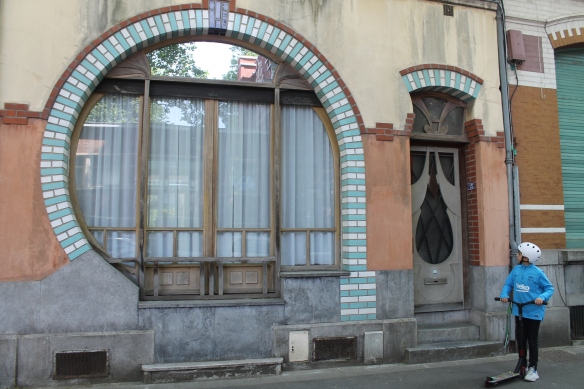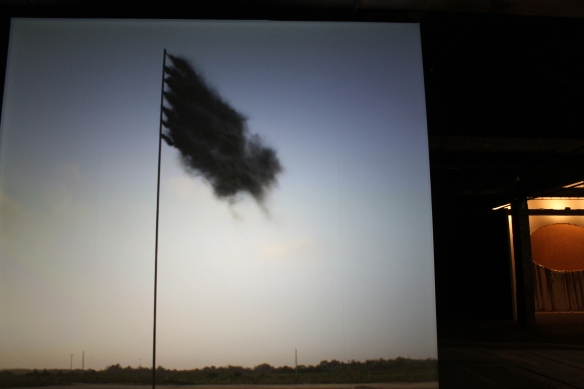On April 5, 1971, a declaration was signed in Paris by 343 women who admitted to having had an abortion. Called the Manifesto of 343, it appeared in the social democratic French weekly magazine, Le Nouvel Observateur.
It was a courageous act of civil disobedience, since abortion was illegal in France back then. By admitting publicly to having aborted, they exposed themselves to criminal prosecution.
The manifesto was written by Simone de Beauvoir. It began (translated into English):
One million women in France have abortions every year. Condemned to secrecy, they do so in dangerous conditions, while under medical supervision, this is one of the simplest procedures. Society is silencing these millions of women. I declare that I am one of them. I declare that I have had an abortion. Just as we demand free access to contraception, we demand the freedom to have an abortion.
Famous names were on that manifesto: Catherine Deneuve, Agnès Varda, Simone de Beauvoir herself, Marguerite Duras, Françoise Sagan, Sonia Rykiel and Gisèle Halimi, to name a few, all admitting to have undergone an abortion procedure. They were referred to as the 343 salopes which mean “sluts”, “bitches” or “whores”.
The front page of the satirical weekly, Charlie Hebdo, (yes, that Charlie Hebdo who, 44 years later, was the target of an Islamic terrorist attack in which 12 people were killed) printed a cartoon ridiculing male politicians with the question “Qui a engrossé les 343 salopes du manifeste sur l’avortement?” (“Who got the 343 sluts from the abortion manifesto pregnant?”). With a view to mediatizing the affair, and wishing to highlight the appalling machismo and patriarchy that reigned over the French Republic back then, the name stuck and the women referred to themselves, with pride, as one of the 343 sluts/bitches/whores.
Calling for the legalization of abortion and free access to contraception, the manifesto paved the way to the adoption, in December 1974 and January 1975, of the “Veil law”, named after Health Minister Simone Veil, that repealed the penalty for voluntarily terminating a pregnancy during the first ten weeks (later extended to twelve weeks).
Here is Madame Veil below, in November 1974, standing before an assembly of men as she gave a historic speech to the National Assembly presenting her bill for the legalization of abortion.
“I would first like to share with you a woman’s conviction,” she began. “I apologize for doing so in front of this Assembly almost exclusively composed of men: no woman resorts to abortion with lightheartedness. You must listen to women.”

Liberté, égalité, féminité
In the photo below is the famous lawyer, Gisèle Halimi, a staunch defender of women’s rights; her name was also on the manifesto. The year was 1972 and she was defending a 17-year-old accused of procuring an abortion after having been raped in what is known as the Bobigny affair.

In 1973 the US Supreme Court ruled that abortion was legal in the landmark case Roe v. Wade.
What’s happening today in the USA regarding Roe vs. Wade is deeply troubling. It beggars belief that all the hard work and sacrifice women did in the 1970s could become undone 49 years later. It’s all too clear that women the world over must keep affirming, keep defining and keep defending the cause in the face of subjugating forces that try to beat us down. Complacency is out, constant vigilance and struggle is in.
Trump is largely to blame because he nominated Brett Kavanaugh and Amy Coney Barrett as justices.

Inna Shevchenko, warrior. One of the founders of FEMEN. She is Ukrainian and she lives in Paris.


Women of the world, unite!
























